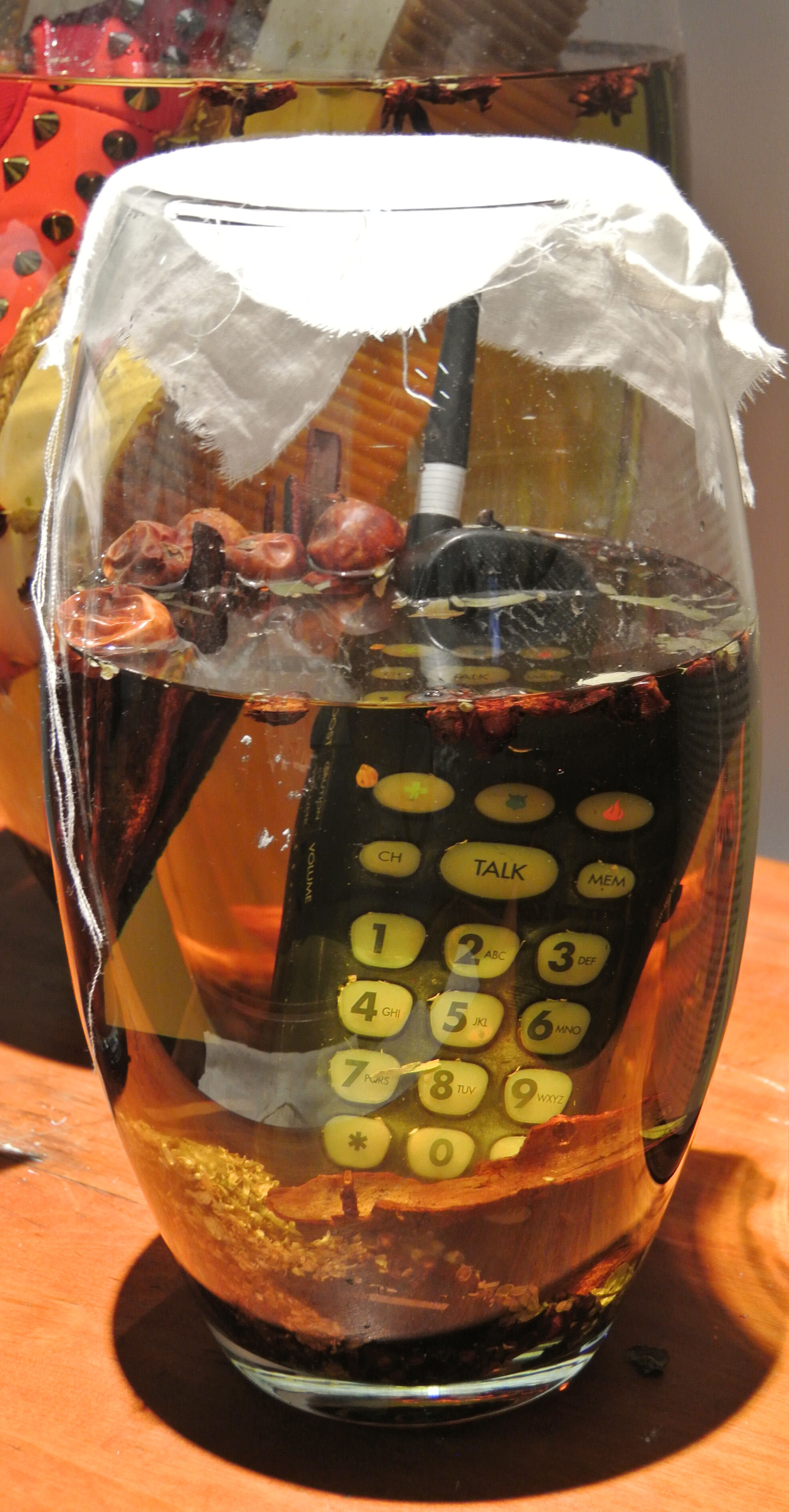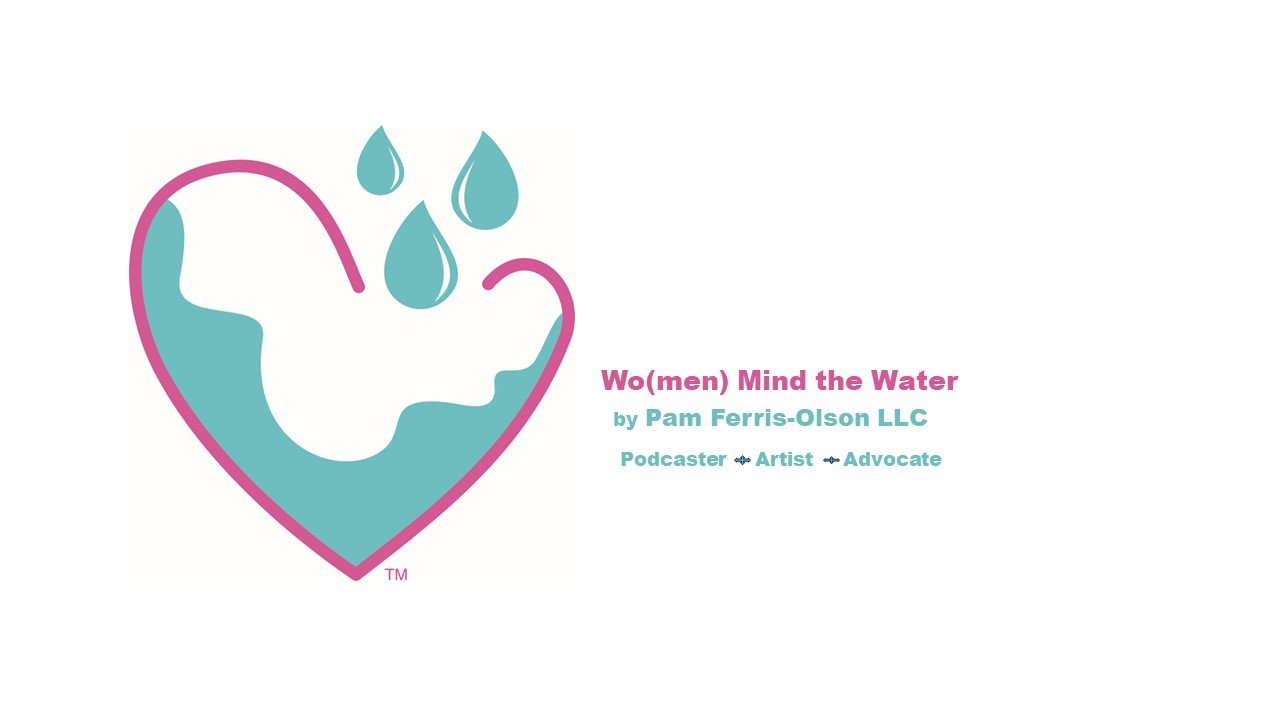
News and Updates
This section features stories that highlight how remarkable yet fragile the ocean is. It also speaks to the connection between humans and the ocean and our responsibility to protect it.
Stories, unless otherwise noted, are written by Pam Ferris-Olson, PhD. Pam has studied ocean creatures, worked in communication, and, as founder of Women Mind the Water, focuses on the relationship between humans and water. Her Wo(men) Mind the Water Artivist Series explores the work of artivists (artists +activists) and their impact in influencing change.
Sea level rise threatens endangered species, even marine animals
Sea level rise is threatening the survival of species not only those that live their entire lives on dry land. Three of the five species considered most threatened on the US Endangered Species list are the Florida Key deer, loggerhead sea turtles and Hawaiian monk seals are all threatened by increases in sea level. It is surprising that the latter two are classified as marine animals living the majority of their lives in the ocean.
How hot is it? Enough to sicken hundreds of sea lions and dolphins
How hot is it? The answer is no laughing matter because hundreds of sick and dying sea lions and dolphins have been seen on beaches, the result of toxic algal blooms associated with warmer ocean waters and linked to high levels of domoic acid. Domoic acid is a naturally occurring toxin that can make humans and marine mammals sick. The biggest takeaway is that as ocean temperatures changed, there is the potential for more frequent and more extreme harmful implications.
Lego and other artful things cast ashore
I’ve spent many hours at the beach and building with Lego bricks, I’d never put the two together. Tracey Williams’ book Adrift has given me new eyes and curiosity. But no matter how colorful or whimsical the items found on the beach aren’t always artful. My latest post Stories of castaway plastic on Women Mind the Water looks at Lego, books, and other artistic ways that plastic flotsam is used and other ways to address the problem.
Maine Lobster takes on Monterey Bay Aquarium
I have written regularly about the ongoing conflict between Maine’s lobster fishing industry and conservationists concerned about the survival of the North Atlantic right whale. The latest actions is that the lobster industry has taken aim at California’s Monterey Bay Aquarium, more precisely the Aquarium’s Seafood Watch program, because they downgraded its rating for lobster caught in Canada and Maine to red, an indication that the seafood should be avoided. The Maine legislature is also targeting Whole Foods as they have chosen to follow Seafood Watch’s guidance. It is clear that the back and forth between lobster and North Atlantic right whale interests shows no signs of abatement with much at stake.
A Millennial’s Call for a Tidal Shift Aimed at Environmental Change
Sophie Davis a Women Mind the Water Artivist Series podcast guest had an op ed published on February 1st in the Portland Herald newspaper. I am publishing excerpts to highlight the importance of artivism and the perspective of a millennial. Sophie argues that art is a creative and meaningful way to respond to the climate crisis as it is communicative, empathetic and emotional. It fosters dialogue, leaving space for reflection and education without polarizing us.
The Great Big Sea: Casting a Light on a Vast Expanse
The world’s oceans are wide and deep and managing them across international borders is a complicated business. The work of organizations like Global Fishing Watch and The Outlaw Ocean Project helps cast a light on what goes on in the world’s vast oceans. They provide data to help make informed choices for the management of fish stocks. But problems remain. Questions such as how or whether to manage fisheries, who might be utilizing a resource at the expense of others, and who has the authority and resources to enforce regulations are challenges yet to resolve.
Photo Recognition Software, New Tool for Understanding Harbor Seals
I don’t know about you but I find harbor seals irresistible. They are one reason I love to kayak in Casco Bay. I never know when one of their roundish heads will appear on the surface. Though curious, seals are cautious creatures, I can never get too close, thus, it is nearly impossible to get to recognize any one seal by sight. Fortunately, seal researchers are making progress in understanding these enigmatic creatures. The latest tool developed at Colgate University is machine learning software that recognizes the faces of individual seals with 95% accuracy.
Women Mind the Water, An Update for August
Our next podcast will be our 50th! We are grateful to all our past guests for their participation. It’s funny to look back to those earliest podcast. I was so nervous. That has changed. I have mostly overcome my nerves. I look forward to talking our amazing guests. I feel extraordinarily lucky to have the chance to speak to people across the globe, involved in so many extraordinary practices.










